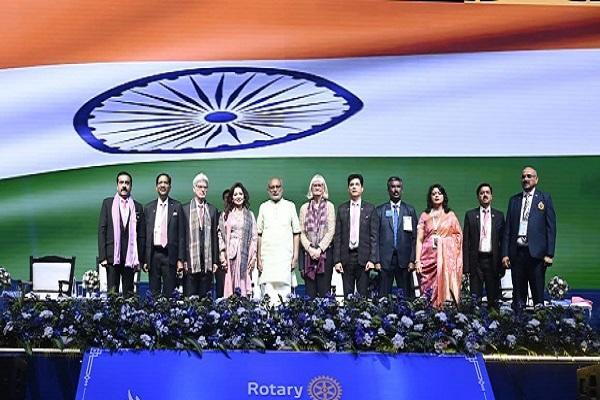
AI, Creators & Tier-2 Cities Power India’s Startup Growth
India’s startup ecosystem has been growing at an unprecedented pace, driven by innovative technologies, shifting consumer behaviors, and a surge in entrepreneurial spirit. According to a recent report by Meta-A&M, a leading strategy consulting firm, India’s startups are leveraging AI, omnichannel models, Tier-2 and Tier-3 city expansion, and creator-driven branding to stay ahead of the curve. In this blog post, we’ll delve into the report’s findings and explore how these trends are reshaping the startup landscape in India.
AI Adoption: The New Normal
The report reveals that a staggering 70% of Indian startups are using Artificial Intelligence (AI) to enhance their operations, products, and services. This is not surprising, given the numerous benefits AI can bring to businesses, including improved efficiency, enhanced customer experiences, and competitive advantages.
AI adoption is particularly prevalent in industries such as fintech, healthcare, and e-commerce, where data-driven insights can make a significant difference. For instance, AI-powered chatbots are being used to improve customer support, while machine learning algorithms are helping e-commerce companies optimize their supply chains and inventory management.
Omnichannel Models: The Key to Seamless Experiences
The report also highlights the growing importance of omnichannel models, with 67% of startups embracing this approach to connect with customers across various touchpoints. Omnichannel strategies involve integrating traditional and digital channels, such as social media, email, and messaging apps, to provide a seamless and consistent customer experience.
This shift towards omnichannel models is driven by the increasing demand for personalized experiences, as consumers expect brands to be available and engaged with them across multiple platforms. By adopting omnichannel strategies, startups can improve customer engagement, increase loyalty, and drive conversions.
Tier-2 and Tier-3 City Expansion: The Next Frontier
Traditionally, India’s startup ecosystem has been concentrated in Tier-1 cities such as Delhi, Mumbai, and Bengaluru. However, the report reveals that 95% of startups are now targeting Tier-2 and Tier-3 cities, recognizing the vast potential and untapped opportunities in these regions.
This shift towards Tier-2 and Tier-3 city expansion is driven by factors such as lower operational costs, easier access to talent, and a faster pace of innovation. As a result, startups are setting up shop in cities like Pune, Hyderabad, and Chennai, which are emerging as hubs for entrepreneurship and innovation.
Creator Economy: The Rise of Influencers and Content Creators
The report also highlights the growing importance of the creator economy, with 88% of startups partnering with influencers and content creators early on to build brand awareness and drive engagement. This trend is driven by the increasing power of social media, where influencers and content creators have built massive followings and can amplify brand messages to millions of people.
By partnering with creators, startups can tap into their existing audiences, increase their reach, and build credibility. This approach is particularly effective in industries such as fashion, beauty, and lifestyle, where social media influencers have a significant impact on purchasing decisions.
Conclusion
India’s startup ecosystem is undergoing a significant transformation, driven by AI adoption, omnichannel models, Tier-2 and Tier-3 city expansion, and the rise of the creator economy. As the report reveals, these trends are reshaping how startups scale, connect with users, and build future-ready brands across India.
For startups looking to stay ahead of the curve, it’s essential to stay agile, adapt to changing consumer behaviors, and leverage innovative technologies to drive growth. By embracing these trends, Indian startups can continue to thrive, create new opportunities, and shape the future of entrepreneurship in the country.
Source:






